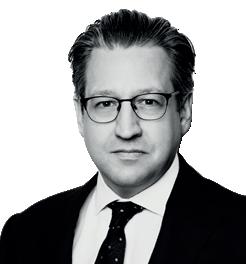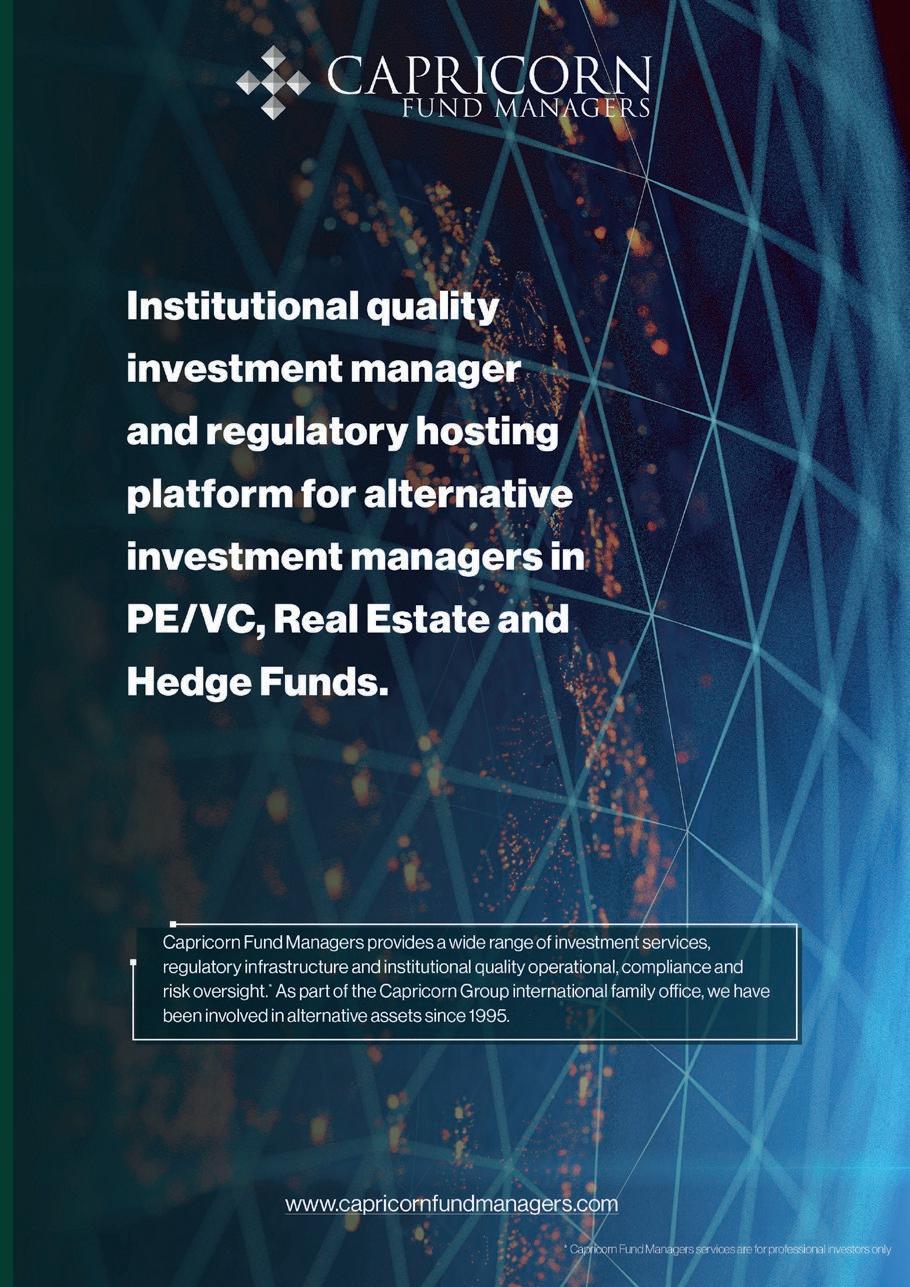
2 minute read
The Rise of Family Office Investment Funds – An Emerging Trend
SEEMA CHANDARIA AND DAVID W. SELDEN, PRICEWATERHOUSECOOPERS UK

The number of family offices across the globe has risen steadily over the past decade, and family offices are playing an increasingly important role in the private markets. In Europe alone, both the volume and value of family office deals – whether as the target location or origin of a transaction elsewhere – are running at record levels.
A less conspicuous trend that has been gaining pace among private clients and family offices for several years and that really took off in 2022 is the establishment of family office investment funds. While these vehicles are established for a variety of purposes and with a variety of structures, the common theme has been the utilisation of structures more common to the investment funds space in lieu of (or in addition to) more traditional estate planning and wealth management vehicles.
Drivers And Benefits
The emergence of this trend is driven by a number of factors. Fund-like structures are inherently flexible and may be used (among other reasons) in order to:
• pool a dispersed array of investments into a single, actively managed structure;
• provide a means of allowing multiple family members and estate planning vehicles to participate; concentrate investment capital into a vehicle that can make investments with larger impact (ESG or otherwise); allow family members to elect which investments or asset classes they would like to participate in; enable participants to invest confidentially, protecting their identity and minimising reputational risk;
• centralise decision making and administration, which may in turn yield cost savings and consistent application of best practices;
• create a consistent and “market” approach to incentivising investment professionals; establish an avenue for managing third party capital.
Common Issues
Just as no two families are the same, the ideal fund structure will vary from family office to family office. Each family brings to the design process its own purpose, pre-existing investment structures, tax considerations, estate planning vehicles, jurisdictional footprint and vision for the future. Having said that, there are some questions that will typically require consideration with the appropriate advisers:
• Which jurisdiction should the fund vehicle be established in, and from which jurisdiction will it be managed?
What is the investment profile of the fund? For example, is the family targeting liquid or illiquid assets, or both?
• What structures will work best from a tax perspective?
Will the fund or its manager require regulatory authorisations?
• How will investment professionals be compensated and incentivised?
• What service providers will be required?

• What sort of governance and reporting structure is appropriate?
What commercial terms are appropriate? For example, what rights will participants have to withdraw capital?
• How will the family’s values be expressed through the vehicle (e.g., through social impact investing or sustainability considerations)?
Conclusion
Undoubtedly, many of the key trends in 2022, including strategic asset allocation, growth in sustainable investment/ESG and investment into tech/digital assets as well as succession planning and managing reputational risk, will continue to influence how family offices think, invest, and operate. Private clients and family offices remain agile, exploring new avenues to manage and grow their wealth –investment fund structures have proven to be an important addition to the family office tool kit and we expect this emerging trend to continue into 2023 and beyond.
David Selden joined PwC UK in 2020 from US law firm Fried Frank and Seema Chandaria joined in 2021 from international law firm, Osborne Clarke. Together, they bring together the experience and credentials to support the firm in delivering a new integrated tax, legal and regulatory service to global fund clients as part of PwC’s market leading Financial Services Tax team.








